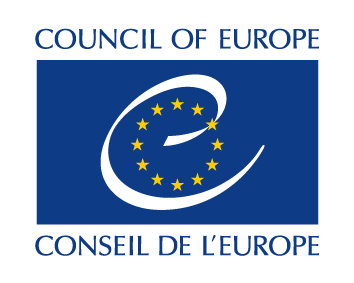A resolution of the Council of 47 European countries recommends to focus on sexual education, online protection and security, and strong regulation.
The Council of Europe Parliamentary Assembly (PACE) has recently adopted a resolution based on the report by the Equality and Non-Discrimination, rapporteur Frank Heinrich, on the gender aspects and human rights implications of pornography.
The PACE Standing Committee warns that pornography “often engendered and perpetuated stereotypes by conveying an image of women as subordinate to men and as objects, and by trivialising violence against women”.
That is why they call for “comprehensive sexuality education in schools to become the main source of information on sexuality for young people because it would prevent the spread of unreliable and potentially harmful information by other sources such as pornography”.
“It is estimated that over half of all internet traffic is related to pornography and sex, and a large proportion of the population consults pornographic material. This tendency is claimed to have increased during the Covid-19 pandemics”, it adds.
According to the Assembly, “pornographic content is increasingly being created privately, by individuals not part of specialised production companies and distributed electronically”, so that they presented several recommendations to regulate the distribution of such content.
The resolution states that “anti-porn filters should be activated by default on all new computers and portable devices; internet providers should enable customers to clearly opt in or out of access to such material; age-verification should be a legal obligation; and porn websites should carry warnings about potential harm”.
Furthermore, they believe that “pornography should be banned in the workplace, and employers required to install blocking filters”.
The PACE points out that young people are particularly exposed to this risk, so that “sexuality education programmes should define, identify and explain the nature of pornography and specify its health, ethical, legal and gender equality implications. They should also highlight that pornography cannot replace reliable sources of information on sexuality”.
In order to achieve this, they call for measures that “promote research and data collection on pornography”, and claim to “allocate adequate funding for it, with a view to providing accurate information to teaching staff, social workers, healthcare providers and legislators, including on the types and frequency of usage of pornography”.
The resolution stresses that “the consent of all those depicted should be strictly verified, while providers should be required to collect the identities and contacts of everyone who uploads public pornographic material”.
“Revenge porn, or the non-consensual dissemination, by email, phone messaging, social media or any other means of intimate and sexual images to embarrass and humiliate the persons depicted, is particularly concerning, and should be effectively prosecuted”, says the PACE.
Taking into account that “freedom of expression is a pillar of democratic societies and a right guaranteed by the European Convention on Human Rights”, these recommendations to set limits are possible as long as “they are prescribed by law and are necessary in the interests of, amongst others, the prevention of crime, the protection of morals and the protection of the rights of others”, concludes the Council of Europe resolution.
[analysis][title] The Council of Europe [/title][photo] 
[/photo][text]The Council of Europe should not be confused with the European Parliament, the European Commission or the European Council (the gathering of the heads of state or government of the EU members).
The Council of Europe (CoE) was founded in 1949 and now brings together the 27 European Union countries and 20 other countries in the continent with a population 820 million people. Non-EU members of the CoE include Russia and Turkey in addition to many other Eastern European countries.
The best known body of the CoE, a part of its Parliamentary Assembly, is the European Court of Human Rights. The seat is in Strasbourg, France.
[/text][/analysis]
[donate]

Las opiniones vertidas por nuestros colaboradores se realizan a nivel personal, pudiendo coincidir o no con la postura de la dirección de Protestante Digital.
Si quieres comentar o